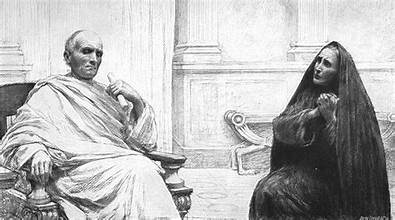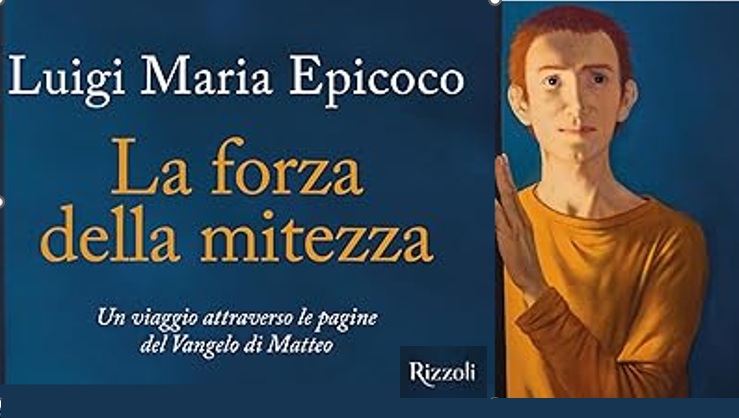Those who go on pilgrimage to Jerusalem often have the opportunity to stop at an evocative sanctuary that stands on the ridge of the Mount of Olives, a few meters from the garden where Jesus’ agony took place. This sanctuary is called Dominus flevit and is none other than the traditional site where the episode recounted in today’s Gospel is thought to have taken place: “When he came near, he saw the city and wept over it, saying, ‘If you, even today, had known the things that make for peace! But now they are hidden from your eyes’” (Luke 19:41-42).
Every time I look at Jerusalem from that place, my eyes fill with tears, first of all because of the poignant beauty that can be seen from that place, but also because of all the fragility that lies at the heart of that beauty. Jesus suffers as any person who loves and does not resign himself to the unhappiness of those he loves, to their stubbornness, to their wrong choices.
Jesus knows well that even in our lives, there are points of no return. That there are things that will leave their mark, that will lead us to destruction, that will leave no “a stone upon a stone” of us.
I have seen the bodies, hands, eyes, words, and reasoning of so many brothers and sisters who have come back from drugs, alcohol, disordered lives, or situations of poor choices made over many years. Some things cannot be erased, and the more time passes, the more they imprison us, leaving us no way out and obscuring our awareness.
I, too, have begged people I love to stop living in certain ways, to stop indulging in sadness and anguish, to let themselves live, to stop making decisions, to stand their ground with pride and arrogance. But love implies freedom. God loves us with a free love. You cannot save Jerusalem by force, just as you cannot save those you love by force. We can only provoke the freedom of others but never replace it. Fortunately, God never stops trying; his mercy is creative


